Environmentalists Buy Surplus Oysters to Boost Shellfish Industry and Restore Imperiled Waterways
CapeandIslands.org
CAI | By Eve Zuckoff
Published December 29, 2020 at 11:17 AM EST
Local oyster growers are getting a boost after months of restaurant closures have “torpedoed” the industry, according to one grower.
The Nature Conservancy, a Boston-based environmental group, and its partners are purchasing 5 million surplus oysters from growers and using them in nearby restoration projects.
The $2 million program, known as Supporting Oyster Aquaculture and Restoration, or SOAR, will initially be offered to shellfish farming companies in Maine, New Hampshire, and Massachusetts. Each company will be eligible to sell up to $10,000 worth of oysters.
“When they hatched this idea, it made total sense,” said Seth Garfield, president of the Massachusetts Aquaculture Association and owner of Cuttyhunk Shellfish Farms. “For the folks that do take advantage of [the program], that’s a nice thing because it’s a double win. They’re getting some money and they’re moving their product.”
In Massachusetts, it’s estimated that more than 10 million oysters won’t be sold this year because of the pandemic, as the vast majority — up to 90 % — are usually sold in restaurants.
“Normally I would be selling 5,000 oysters a week wholesale,” Garfield explained. “I think I’ll sell 600 this week, if I’m lucky.”
When oyster growers are unable to sell their shellfish, they don’t have space to plant new oysters, and they’re forced to sell oysters that have grown so big that their value plummets in the raw bar market and to restaurants.
The Nature Conservancy will purchase larger oysters to support restoration projects that will improve water quality and rebuild 27 acres of imperiled native shellfish reefs across 20 sites, primarily in Buzzards Bay.
As filter feeders, oysters can help remove excess nitrogen from waterbodies by incorporating it into their shells and tissue as they grow, a major benefit to conservationists.
“They’re taking advantage of larger oysters, which can eat more,” Garfield said, “so they’re going to reduce the nitrogen in these areas. And when they put them in these clusters or reef-like scenarios, they’re also creating zones to break up storm surge.”
The reefs also provide habitat for other fish and crustaceans.
To Steve Kirk, the coastal program manager for The Nature Conservancy, the work combines economic and environmental benefits.
“Just hearing from the growers that they’re so appreciative of getting some cash in the door and be able to move some of their bigger product and make physical space for the next year’s crop … that’s been really gratifying,” he said.
The Nature Conservancy has purchased oysters from eight growers so far, and Kirk hopes to reach 100 growers in the next two years.
Later, the program, which is supported by the Pew Charitable Trusts, NOAA, and the U.S. Department of Agriculture, will be extended into the winter of 2021 to include oyster farms in New York, New Jersey, Maryland, and Washington state.
